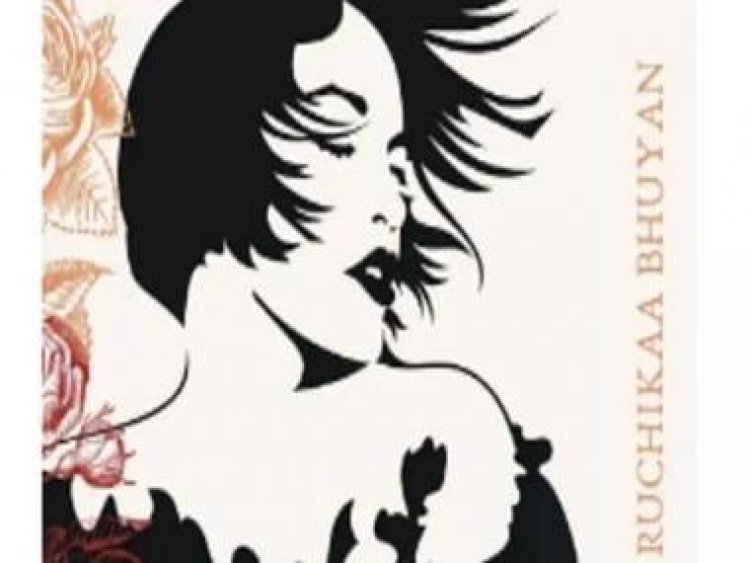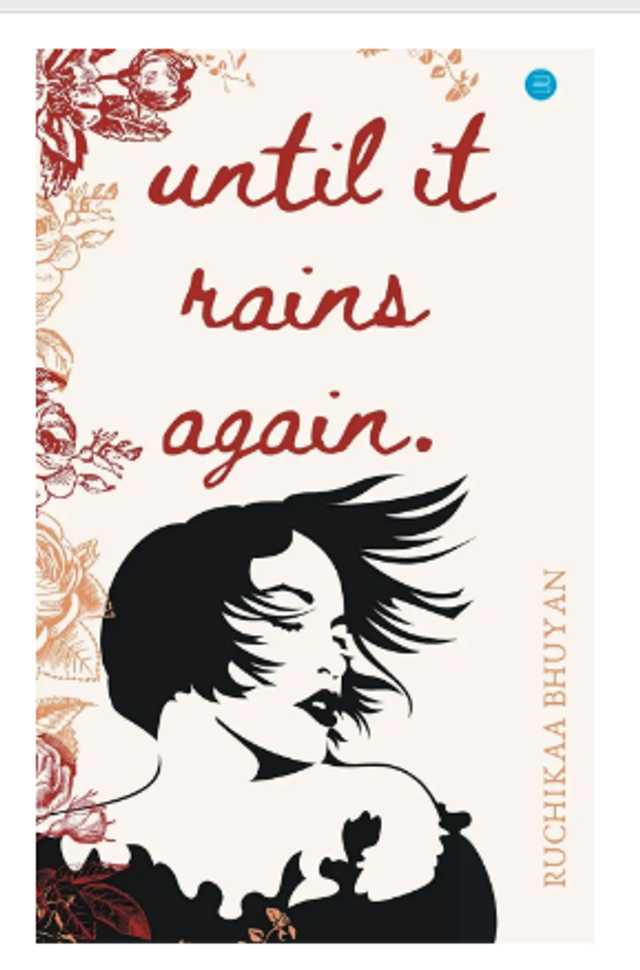Book Review | Ruchikaa Bhuyan’s 'Until It Rains Again', sexuality and society
Book Review | Ruchikaa Bhuyan’s 'Until It Rains Again', sexuality and society

With its evocative narration, aided by a conviction about the need of turning away from certain sedimented dogmas relating to sexuality harboured by society, Until It Rains Again is sure to win many a heart. Certain of our dogmas need to be broken down as some conventions no longer satisfy the younger generation. The conventional parental fancies regarding the choices of children on certain issues are put under trial by Ruchikaa Bhuyan in her maiden fictional book. A 16-year-old budding writer from Guwahati, she has dabbled into creative writing where she has displayed a tremendous promise while carving a niche for herself in the arena of fictional literature.
It is a coming-of-age novel about 17-year-old Alaina and her younger brother Sparsh. An incident in the life of Alaina’s younger brother Sparsh acted as an ‘optical device’ for the parents to see things from a fresh perspective. It is something which compels them to view sexuality through the lenses of their orthodoxy and to realise the limitations of their customs concerning sexuality (which until then they have been so zealously guarding against in their minds).

Alaina was a young and brilliant girl born to a wealthy family. While in her teens, she had to undergo incredible pressures resulting from the interplay of her love affair with one of her ‘girlfriends’ and the consequent repentance from the episode which is the central theme of the book and her aspirations and despair. Similar to Alaina’s was Sparsh’s experience when he discovers himself as a ‘gay’ which compels him to remain aloof from the ‘hard world’ surrounding him. He was full-well aware of the consequences and the dire need to maintain utmost secrecy about his sexual predilections. It was only to his sister Alaina whom he had disclosed the secret which was also a chance revelation.
Later, two terrible things happen to Sparsh. First, a guy who he had fallen for discarded his feelings after he had come under parental pressure for the affair. Second, in a get-together, he was forcefully made drunk by his fellows who then bullied him by calling him “fem” and “faggot.” Further, he was compelled by them to prove himself a “man enough” by kissing Ira — a girl present on the occasion — which he did against his wishes. In utter shock, Sparsh attempted suicide by jumping from a building although luckily he did not succumb to his injuries. These episodes eventually prompt the parents of the duo to understand the minds of their children. Indeed, it is a voyage, as the author remarks in the synopsis, about the “quest of identity and self”.
The novelist, who is also the first-person narrator, is a covert analyst – giving her subject an exhaustive socio-psychological treatment. The story, obliquely though, tries to make something of a point explicitly – that today’s parents no longer can afford to shout their children down for not behaving according to the accepted norms and customs.
What does it mean to be a girl or a woman? Within the conventional patriarchal discourse, she needs to be submissive and conformist to certain accepted norms though these are but the products of man’s myths. Alaina and her brother undergo harrowing experiences due to such a social construct which prompts the author to pose thought-provoking questions to the readers on gender.
This is the persisting stimulus behind the writing of the novel. Thanks to the acumen of the narrator, the cultural concerns underscored in the text make the readers sense the significance of the issues. The story is also metaphorical of the change or the shift in the sensibilities of the younger generation who are adopting an expanded definition of what should essentially constitute ‘identity’. As for the craft of the novel, one of the primary objectives of the writer is evidently to achieve verisimilitude or similarity to the truth which most fiction writers and filmmakers aim at. The author goes on to manoeuvre the anecdote of her story with a close eye to this criterion-which is an important requirement for any perfect work of fiction.
However, the ‘end’ of the story appears to be abrupt. The reader is left wondering about the sudden disappearance of Myra (Alaina’s bestie), who for so long has remained an integral part of Alaina’s identity and self. To be precise, Myra, who is otherwise so strong and sincere in her feelings for Alaina, is made to leave rather casually from the scene of the narrative! Thus the writer apparently has failed to do justice to the ideals of this unpretentious lover, who finds herself being denied her deserving share of acknowledgement from her creator in the final part of the story.
From subject, characterisation and style, it has been a great read all through. The free-flowing nature of the narration owes a lot to the language — which is both simple and lucid. The moments of the characters’ thinking, speaking and acting are all presented as eloquently as to draw the spontaneous involvement of the reader’s mind. Besides, no character has been overemphasised.
And to conclude, no ordinary coming-of-age novel it is!
Title: Until It Rains Again
Novelist: Ruchikaa Bhuyan
Publisher: BlueRose Publishers, New Delhi
Pages: 415
Price: Rs399
The author is a professor of English at the Mahapurusha Srimanta Shankaradeva Viswavidyalaya in Assam. Views are personal.
Read all the Latest News, Trending News, Cricket News, Bollywood News,
India News and Entertainment News here. Follow us on Facebook, Twitter and Instagram.
What's Your Reaction?



























































